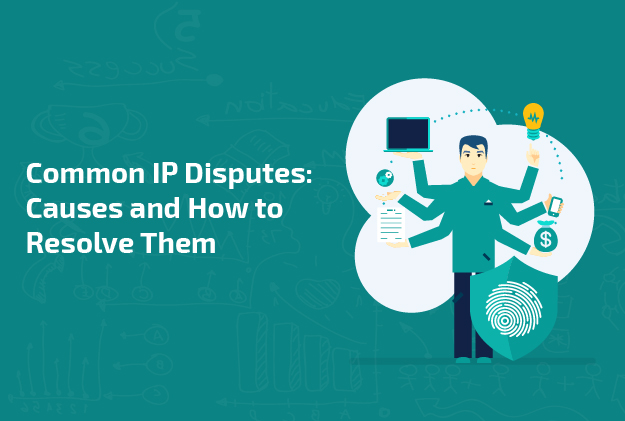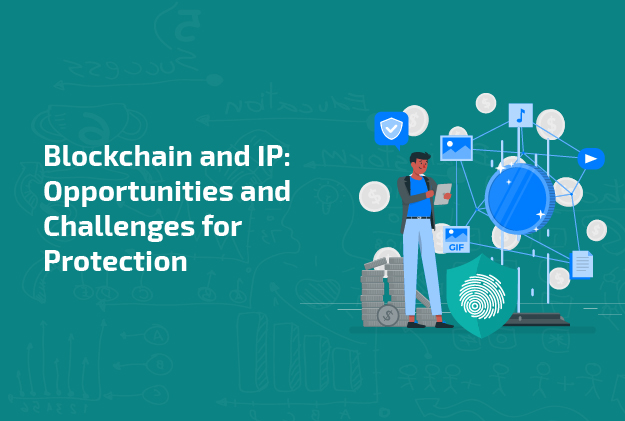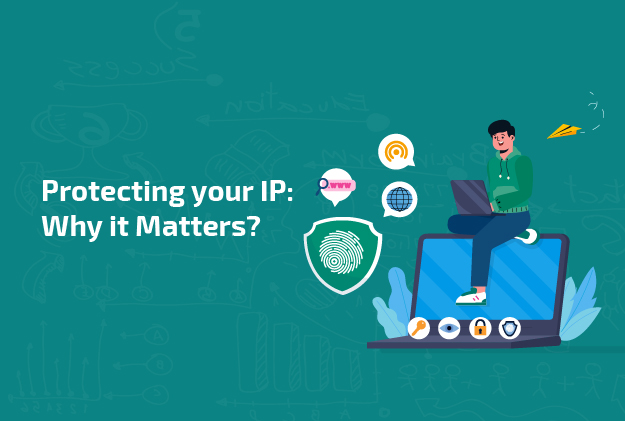In this blog, we will delve into the depths of this problem, exploring its manifestations in both the entertainment and publishing realms and shedding light on its dire consequences.
Intellectual Property Rights in Entertainment
The entertainment industry, a global economic powerhouse encompassing music, film, television, gaming, and more, relies on the bedrock of Intellectual Property Rights (IPR). These legal protections are the lifeblood of artists, musicians, filmmakers, and creators, ensuring that they reap the rewards of their labour. IPR fosters innovation and artistic expression by creating a fair and balanced ecosystem.
However, amidst the glitz and glamour of this industry, a troubling trend has emerged — Intellectual Property Theft. This nefarious activity takes various forms, from piracy to unauthorized distribution and counterfeiting. These activities not only jeopardize the financial stability of creators but also erode the industry’s integrity.
The consequences of intellectual property theft are far-reaching. It stifles innovation, dampens creativity, and deprives artists of their hard-earned rewards. Furthermore, it causes significant economic repercussions, leading to revenue losses, job cuts, and reduced investments in the entertainment sector.
Intellectual Property Theft in the Publishing Industry
In the publishing industry, IP theft primarily manifests as eBook piracy. Unauthorized distribution platforms have made it shockingly easy for individuals to access and share copyrighted material without permission. This poses a significant threat to authors, publishers, and the entire book market.
Authors invest tremendous time, creativity, and resources into their works, but eBook piracy robs them of potential earnings. Publishers, who invest heavily in editing, marketing, and distribution, suffer from reduced sales and revenue due to piracy. Tempted by free or low-cost unauthorized copies, consumers further damage the industry by declining to purchase legitimate copies.
Example of eBook Piracy
One glaring example of eBook piracy is the unauthorized release of J.K. Rowling’s “Harry Potter and the Deathly Hallows.”1 Shortly after its official release, unauthorized digital copies flooded the internet, diverting potential sales away from legal copies. Such cases emphasize the need for stringent measures to combat eBook piracy and protect the rights of authors and publishers.
The impact of eBook piracy on authors, publishers, and the book market is significant. Authors lose out on royalties when their eBooks are pirated. Publishers lose out on sales when their eBooks are pirated. And the book market as a whole suffers when pirated eBooks are available.
Plagiarism and Unauthorized Reproduction in Publishing
Over the years, several high-profile plagiarism and copyright infringement cases have emerged in the publishing industry. These cases involve authors who have been accused of copying significant portions of text from existing works without proper attribution. Such instances undermine the integrity of the writing profession and can result in legal disputes, damaged reputations, and financial consequences for the original authors.
One prominent example is the case of Dan Brown’s novel “The Da Vinci Code.” Brown faced allegations of plagiarism from authors Richard Leigh and Michael Baigent, who claimed that he had copied ideas and concepts from their non-fiction book, “The Holy Blood and the Holy Grail.” The case garnered widespread attention, highlighting the significance of intellectual property rights and the consequences of unauthorized use of written content.2
Conclusion
The entertainment and publishing industries face an urgent imperative — to combat intellectual property theft. IP protection, implementing effective measures, and fostering an environment respecting the rights of creators and authors are essential. Only by addressing this issue can these industries thrive and continue to enrich the world with valuable content.
References:












